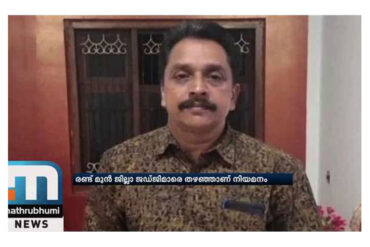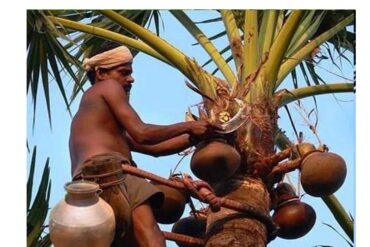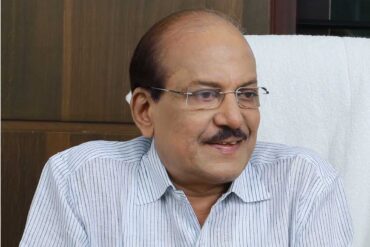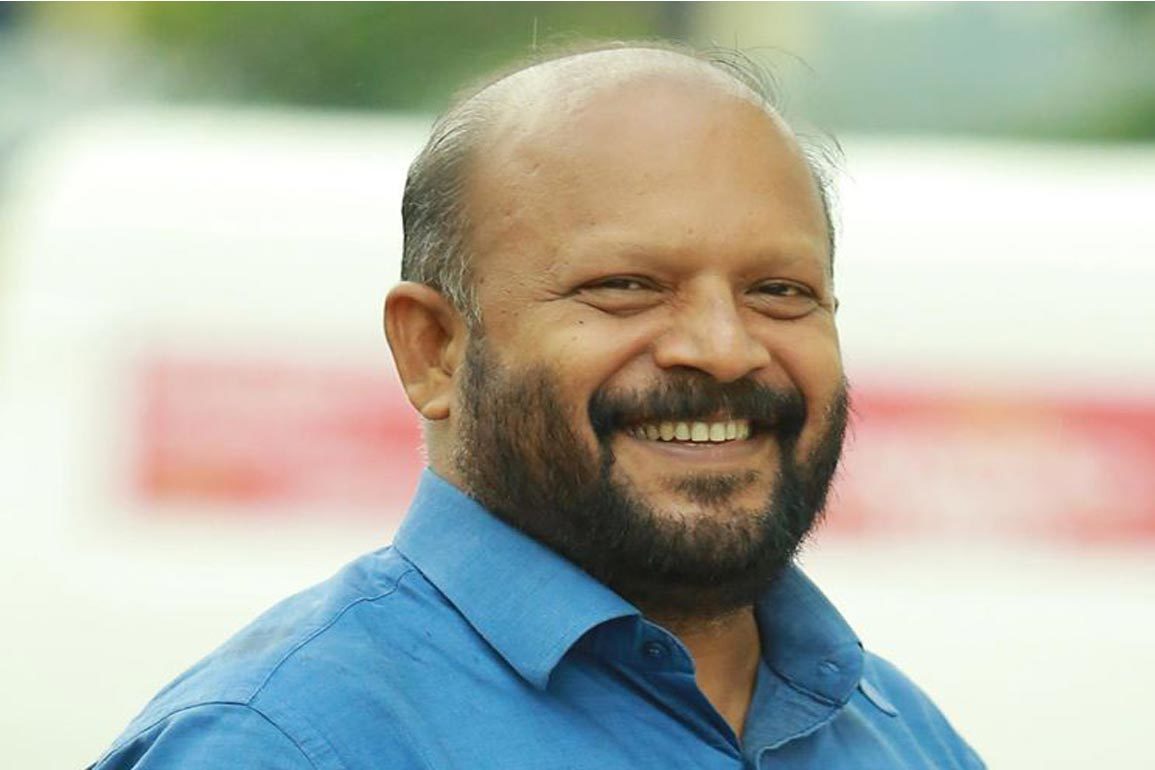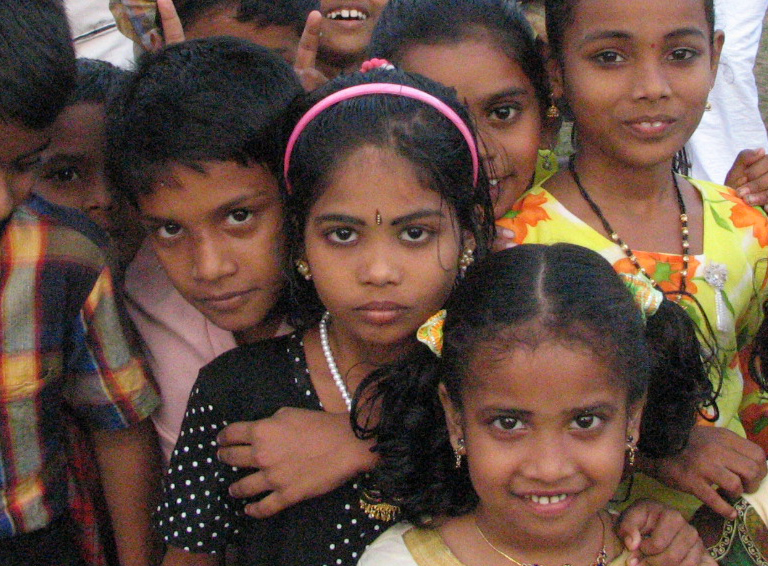The Left Democratic Front government in Kerala enters the final year of its tenure with fresh challenges. Projects aimed at long term impact as well as those with short term goals are already initiated by various departments. Among them, one project which stands out is ‘Subhiksha Keralam’, the state government’s flagship program to combat food scarcity in the post lock down era. The project, which was launched earlier this month in Kozhikode, encompasses departments such as Animal Husbandry, Diary Development, Horticulture and Fisheries. NABARD has earmarked Rs 2,500 crore for the project which aims at attaining self-reliance in food production within the next five years. Against this backdrop, State Agriculture Minister V S Sunil Kumar talks to The Kochi Post, regarding ‘Subhiksha Keralam’ and the government’s ambitious plans on the food security front.
Q: ‘Subhiksha Keralam’ is a well thought-out project. Who will be directly benefited by this?
Every single person in the society, I must say. The Government’s role is that of a facilitator. ‘Subhiksha Keralam’ is a platform where every individual can perform. In fact, in Kerala, nowadays we see a surge in the number of people turning themselves to any sort of farming activities. There are a great number of people who grow vegetables or at least decorative plants in the limited available spaces, sometimes even in the indoors. Yes, there is difference between professional farmers and others. But, people showing interest in farming, gardening or any other agricultural activity is a good signal. ‘Subhiksha Keralam’ is conceived as a bigger platform where each and every individual, even children, can contribute and can get benefited from it.
Q: Self-reliance is possible only when there is a functioning marketing system well in place. What are the measures taken?
Marketing of agriculture produce has got prominence in the scheme. We have planned to adopt centralised as well as decentralised marketing strategies. Each constituency will have sorting and packing centers. A monitoring system will function to analyse and figure out the quantity of production and the requirement. Marketable excess at each panchayat will be channeled to local markets or outside, according to the quantity and requirement. The monitoring system will make a network connecting panchayats, blocks and districts so that it will ensure an easier flow of excess produce. These activities will be regulated and monitored by an executive committee comprising district agriculture officer, assistant director of agriculture (marketing), district Horticorp manager, cooperative society joint registrar and district collector.
‘Subhiksha Keralam’ aims to convert Kerala from a consumer state to a producer state. To make this possible, we need to work on three different sections of production. Extension of agriculture production and cultivable land, marketing and value addition are these three essential wings. When we start producing more, there will definitely be an excess which can be exported to foreign markets. Those who want to be the part of ‘Subhiksha Keralam’ project can register their names on our web portal. When you register, you will be asked to fill in columns asking whether you are interested to participate in production, marketing or value addition. The Government machinery will offer you with assistance and guidelines once you start working. This is how it works. Even people who have returned from various foreign countries have registered their names in the portal and, at many places, they have started working.
Q: How can youngsters be attracted to farming and what are the various forums open to them?
Youngsters are already showing interest in farming as they find white collar corporate jobs tiring and exploitative. There was a time when young graduates were joining IT companies in large numbers. But see what is happening with these IT jobs. None of these companies pay their employees with reasonable salary for the hard work they are putting in. The IT professionals are not allowed to organize or unionise. As a result, the exploitation is much more. But nobody is talking about it fearing job loss. Agriculture is a much more secure profession. The youth have started realising it and I hope more and more youngsters will take up farming and related activities.
If not in production, there are also opportunities available in marketing and value addition. For example, youngsters can greatly contribute in food processing. If you have a technology which can be used to extract curcumin from turmeric, you can come up with that technology and start working. Coconut milk can be processed to make various products with medicinal value. One can introduce a novel technology to produce such products. Besides, we have instruments such as kisan credit cards which are easily available to anyone who is interested in farming. Kisan credit card will be issued to individuals as well as a group of people who are willing to do farming. Those who do not have land on their own can also apply for the cards. Those with kisan credit cards will be given agriculture loans.
Q: Adoption of latest technologies is a necessity when it comes to smart farming. How can the Government ensure incorporation of technology in farming?
I have already said it when I mentioned the involvement of youngsters in agriculture activities. A boom in agro-friendly technology is possible only when the youth is actively involved in agriculture. We have yet to explore the various technologies which can be incorporated into farming and related activities. This technology gap is mainly because of the lack of individuals who are adept at using them. We cannot expect a 50-year-old in villages to use the latest technology for farming. When more young people come up in farming, they will bring about relevant and timely changes on this front.
We have the finest institutions in our country which are engaged in agriculture research activities. They have novel technologies available with them. But none of it is practically used in our fields. Climate prediction, market prediction, value addition, logistics are the areas which will be greatly benefited by these technologies. Involvement of more tech-savvy individuals and entrepreneurs will definitely reduce this gap. We have already seen the difference the micro-irrigation technology has brought in.
Technology can be used to produce value-added products from coconuts, lotus and various other common produces of the state. Recently I was at Krishi Vigyan Kendra in Malappuram district. I was amazed to see a technology with which wine was made out of lotus flowers. We have assigned them to conduct more research in lotus and it is ongoing. There is a great demand for natural food without chemicals. So there is another opportunity here. All we need are individuals who can exploit the entrepreneurial opportunities available on this front. And yes, youngsters have started realising the potential of agriculture and I hope there will be an appreciable change in the next five years.
Q: What can be done to boost the confidence of farmers and instill competitiveness in them?
The process of reviving Kerala’s agriculture demands a complete change in attitude and outlook. The government can provide institutional assistance and can create a farmer-friendly atmosphere. The initiative should be generated from the people. Farmers should catch up with the changing times. After this Government was elevated to power in the state, many agricultural products from various locations in Kerala have attained the geographical indication tag (GI). These include Tirur vettila (betel leaf), Chengalikodan banana. Besides, around 14 products including Kodungallur pottuvellari (snap melon) and Alappuzha turmeric have almost completed due procedure in their bid to acquire the GI tag. The government, by participating in building brand value for agriculture products, thus helps improve competence.
Q: What is the philosophy behind ‘Subhiksha Keralam’? What are the short term goals?
Government envisions a total revival of agriculture in the state. Within the next five years, agriculture should be the major livelihood source. This is accompanied by the government’s efforts in promoting chemical-free agriculture products. With more technology and people involved in the process, the farmers will be educated about alternate farming methods like micro-farming, zero-budget natural farming and other methods. This will benefit them for sure. The immediate goal is to find 25,000 hectare of cultivable land for crop production to ward off the possibility of post-lockdown food scarcity. Work on this front has already begun. Ward-level committees have been set up to include each and every one, even in the remotest locations, in the project.
Nowadays, what we eat becomes toxins in our bodies. ‘Subhiksha Keralam’’s goal is to bring out the medicinal effect of food. Besides, the collective process of farming is a joyous activity and it will enhance the mental as well as physical health of the entire society. This will have desirable impact on longevity, creative spirit and collective intelligence. A healthy society through farming is the motto of ‘Subhiksha Keralam’.


